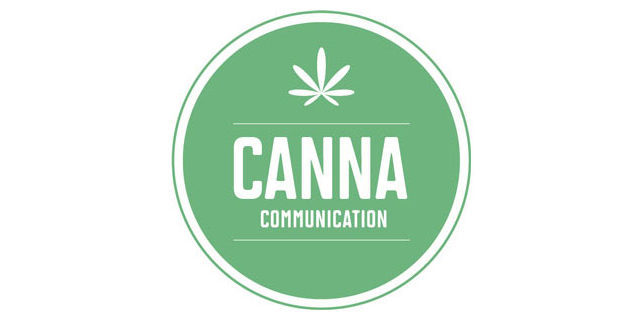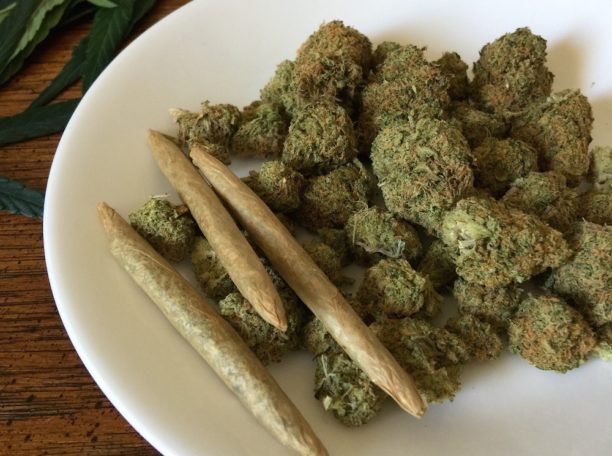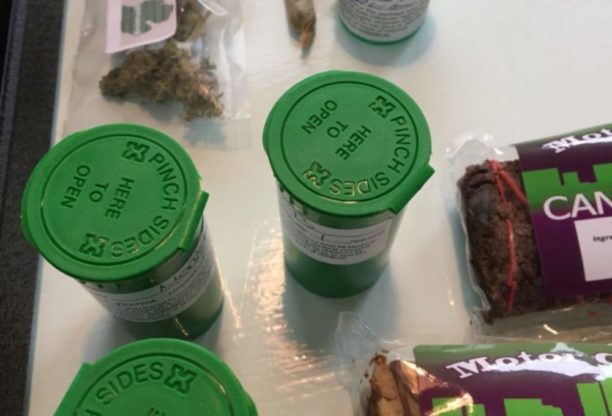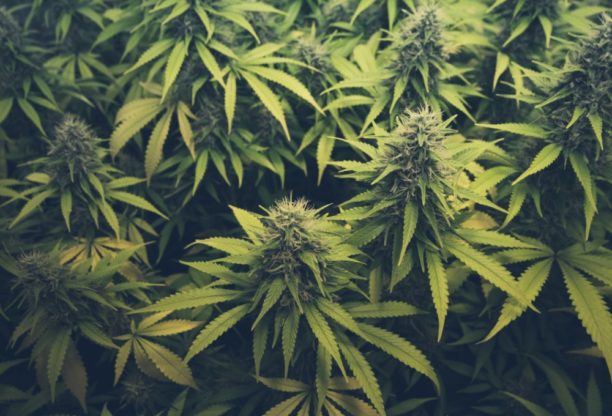It’s hard to say if this was a monumental year in marijuana news, but 2017 felt pretty good to us. There was a lot going on across the U.S. and in Michigan.
Here are our top ten most memorable news events in marijuana for the year.
10) California wildfires destroyed a significant amount of cannabis in Sonoma and Mendocino Counties. While all wildfires are heartbreaking and painful for individuals, families and communities, this year’s fire in California was especially tough on cannabis growers. Fires that broke out just before harvest time destroyed or damaged an estimated 34 cannabis farms and tragically the crop is uninsured due to federal regulations.
9) California, Nevada and Canada begin to implement adult-use legalization. After voting in November 2016 to end cannabis prohibition, both California and Nevada started working toward creating their legal environments. We love the “get it done” spirit in Nevada—it managed to open dispensaries less than eight months after the vote. Its larger sister state, California will end cannabis prohibition on January 1, 2018. Canadians from Nunavut to Saskatchewan will have access to cannabis starting in the coming summer, thanks to some hard work by the government in 2017.
8) Cheers to 360,000+ Michigan citizens who signed petitions for adult-use cannabis legalization. Volunteers and paid solicitors from MILegalize and the Coalition to Regulate Marijuana Like Alcohol secured 100,000 more signatures than required and validation of signatures is underway through the Board of Canvassers. We hope it will clear the board and go to voters in 2018. We expect the vote to be positive.
7) Jeff Sessions was appointed attorney general of the U.S. This is a dark mark on cannabis. The AG is a long-time hater of cannabis and will do what he can to ensure prohibition doesn’t end. The upside of this story is we have a dysfunctional Congress, he has a volatile boss and there are 29 states with some sort of marijuana laws on the books, which is going to make DEA intervention difficult. Public opinion is changing, too. A recent Gallup poll showed that 60 percent of Americans favor cannabis legalization.
6) Colorado marked its 5th year of adult use legalization and the sky didn’t fall. In speaking with the CBC, the head of Colorado’s Department of  Public Health Dr. Larry Wolk said this: “The short answer is we have not seen much. We have not experienced any significant issues as a result of legalization. I think a lot of people think when you legalize you are going from zero to some high use number, but they forget that even when marijuana is not legal, one in four adults and one in five kids are probably using on a somewhat regular basis. What we’ve found since legalization is that those numbers haven’t really changed.”
Public Health Dr. Larry Wolk said this: “The short answer is we have not seen much. We have not experienced any significant issues as a result of legalization. I think a lot of people think when you legalize you are going from zero to some high use number, but they forget that even when marijuana is not legal, one in four adults and one in five kids are probably using on a somewhat regular basis. What we’ve found since legalization is that those numbers haven’t really changed.”
5) The American Legion came out for cannabis. The venerable veterans organization is requesting further research regarding PTSD and traumatic brain injury and cannabis. Many veterans find cannabis to be a successful alternative to psychotropic drugs. Officials at the national American Legion are asking the federal government to allow Veterans Administration (VA) physicians to speak freely about medical marijuana to their patients. Presently, physicians are prohibited from talking about the plant as an option. The Legion with more than 14,000 posts nationwide has great potential to change public policy.
4) Northern Michigan University announced a marijuana major. Students  will be able to major in medicinal plant chemistry at NMU, which offers America’s only bachelor’s degree in cannabis program. CH420 isn’t a slacker program though, it requires 120 credits of chemistry, biology, soils, genetics accounting and financial management classes. Its grads are bound to be in high demand. Way to go Wildcats!
will be able to major in medicinal plant chemistry at NMU, which offers America’s only bachelor’s degree in cannabis program. CH420 isn’t a slacker program though, it requires 120 credits of chemistry, biology, soils, genetics accounting and financial management classes. Its grads are bound to be in high demand. Way to go Wildcats!
3) Marijuana as a gateway out of opioid addiction. Opioid overdoses killed more 64,000 Americans in 2016 and that number is expected to increase this year. More and more research is leading the medical profession to look at marijuana as a gateway out of addiction to powerful painkillers. While more research needs to be done, marijuana shows promise in doing less harm and more good for patients with chronic pain. And you can’t overdose on marijuana.
2) Licensing for medical marijuana began in Michigan this year. It was a rough and tumble year in Lansing as LARA, the state’s regulating entity rolled out its rules on issuing licenses for people who want to grow, process,  test, transport or provision medical marijuana. Dispensaries were threatened with closure by a state board, politicians stepped up to keep them open, liquid capital rates were set, municipalities opted in or out, and application materials were created. The licensing portal opened on December 15 and now we wait to see who will be first to show off their piece of legal paperwork.
test, transport or provision medical marijuana. Dispensaries were threatened with closure by a state board, politicians stepped up to keep them open, liquid capital rates were set, municipalities opted in or out, and application materials were created. The licensing portal opened on December 15 and now we wait to see who will be first to show off their piece of legal paperwork.
1) Projections for cannabis job growth will exceed manufacturing by 2022. It’s an understatement to say that marijuana is a growth industry in that there are already 100,000 to 150,000 marijuana workers and about 90,000 people work in plant touching businesses. Cannabis and its ancillary businesses have created 43,000 full-time jobs in California, 23,000 in Colorado and 22,000 Washington. Michigan is the second largest medical marijuana state (next to California) and should have similar numbers for jobs when licenses are issued in this spring.
We look forward to the promise of a new year and all that it brings to cannabis-friendly people everywhere!



 little practice.
little practice.  and brewers are vital to
and brewers are vital to 
 more than 13,000 Posts across the United States
more than 13,000 Posts across the United States
 When legalized and regulated, buying cannabis is like buying alcohol and/or cigarettes—the product is strictly secured and available only with a photo ID. In Michigan now, a patient must show a medical card and photo ID to even get through the door of a dispensary. The lobby portion of a dispensary is closed off, visually and physically from the consumer. You can’t get anywhere without valid credentials.
When legalized and regulated, buying cannabis is like buying alcohol and/or cigarettes—the product is strictly secured and available only with a photo ID. In Michigan now, a patient must show a medical card and photo ID to even get through the door of a dispensary. The lobby portion of a dispensary is closed off, visually and physically from the consumer. You can’t get anywhere without valid credentials. There are probably a number of factors at play in the teen use statistic. For one, the black market is decreasing, a projection by Marijuana Policy Project estimated that
There are probably a number of factors at play in the teen use statistic. For one, the black market is decreasing, a projection by Marijuana Policy Project estimated that 
 High Growth Industry
High Growth Industry